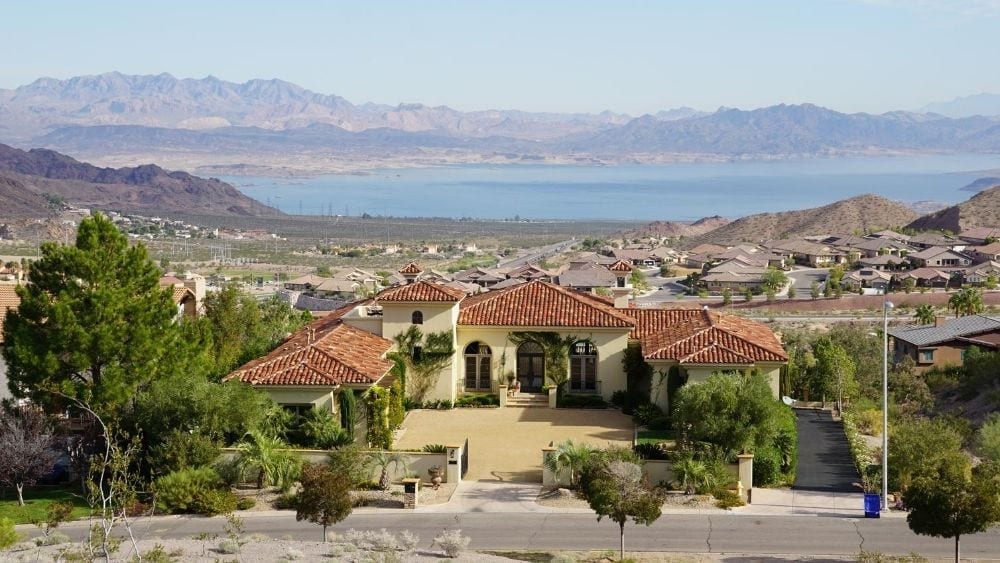
Nevada is truly unique in its wide range of entertainment venues, beautiful topography, and diverse cultures. From the arid Mojave Desert to the lush beauty of Lake Tahoe, the Nevada landscape is brilliantly contoured to the vibrant lifestyle of its people.
Nevadans are very proud of their state, its history, and its broad sense of community. Though there is often debate on the pronunciation of the name belonging to the Silver State, those with Nevadan roots agree that there is one acceptable way to say it, and mispronunciations can be spotted from a mile away. The middle syllable includes a short “a” sound (Ne-VAD-uh), not a long “a” sound (Ne-VAH-duh). This distinction is important for anyone looking to make a move to the Sagebrush State.
Peaceful country living meets the buzzing energy of cities such as Las Vegas and Reno that give the state its title as the entertainment capital of the U.S. It’s no surprise that more homebuyers are looking to build their dream house in Nevada. Retirees, new families, and young adults seeking adventure and opportunity flock to Nevada for its expanding job market and great tax benefits. Hospitality, entertainment, and the gaming industries are huge in Nevada, but equally as critical in the state are the industries of health care, tech, and mining.
Because the state receives such a massive revenue from its entertainment industry, it does not require an income tax from residents to sustain its budget. Additionally, Nevadans do not pay sales tax on home sales, medications, or food, which adds up to incredible savings over time.
Anyone interested in building a house in Nevada can take the first step by becoming acquainted with the step-by-step homebuilding process. The cost to build a house varies by state but provides a general expectation of financial categories to plan for while creating a budget. Read on for state-specific details, as well as tips and tricks for new homebuyers in Nevada.
Climate Considerations
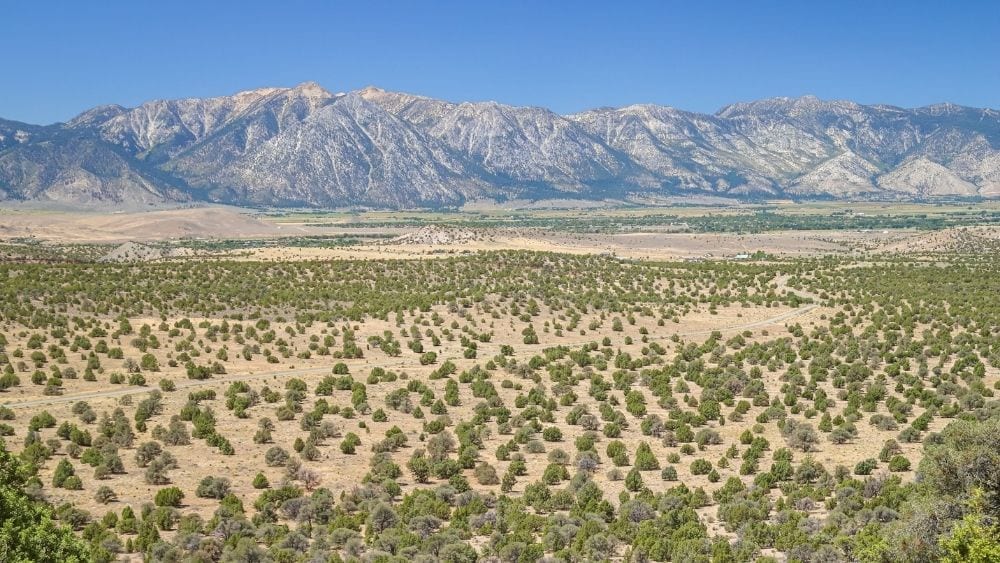
Even in the vast deserts, Nevada experiences all four seasons. Summers are often muggy and hot while winters are brief, extremely cold, and snowy. Nevada has a typical arid and semi-arid climate, meaning there is abundant sunshine and light rain.
A reliable HVAC is critical to survival in the summer. Regular maintenance on your HVAC and sealing of your home for insulation are beneficial for the overall home system’s efficiency in the hot summers. In the way of natural disasters, the state is most often subject to fires, floods, heatwaves, winter storms, and severe thunderstorms. Homebuyers should purchase a robust home insurance plan in the case of these potential disasters incurring damage to their home.
Additionally, the area in and surrounding Las Vegas has particularly rocky, sedimentary soil that makes excavation very difficult. Combined with the risk of flash floods between July and September, this makes basements few and far between in Nevada new home construction.
Expected Cost
According to Forbes, the average cost to build a 2,000-square-foot house in Nevada is $334,140, not including the cost of land. Naturally, there is a wide difference between rural and city costs to build a home, and this is just a rough estimate. Costs will vary by materials, delivery, and labor expenses, as well as design and location.
The average cost to build a home in the U.S. is between $100 and $200 per square foot. In Las Vegas, the cost ranges from average to higher than average at $150 for a value home to $300 or more per square foot for luxury home preferences.
Construction Timeline

Here is a step-by-step guide for building your new house in Nevada.
Buy Land
Choosing the perfect place to build your new home is among the first major tasks. Homeowners who already own their lot are a step ahead in the process. For those who are still shopping, a local realtor can help provide some direction and guidance in the selection process.
The price of land varies by location and demand. According to Landflip, their median listing price for land is $10,550 or $127 per acre. However, this is just an estimate and prices will vary significantly between city and rural areas.
Permits and Paperwork
Applying for and receiving official permits is a critical part of the process of building a new construction home. Failure to submit the appropriate and complete documentation, as well as comply with all necessary steps will likely result in delays and potentially heavy fines. Your general contractor will typically take care of the permits for you, but it’s helpful to be knowledgeable in the process and required paperwork.
In Nevada, permits are commonly required for all new home construction and for the installation of various major systems such as electrical hookups and water/sewer connections. The process varies by city or county, so it is best to consult your municipality for specific information on permit application procedures. The cost of permits varies by square footage, building plans, and efficiency plans.
Site Prep
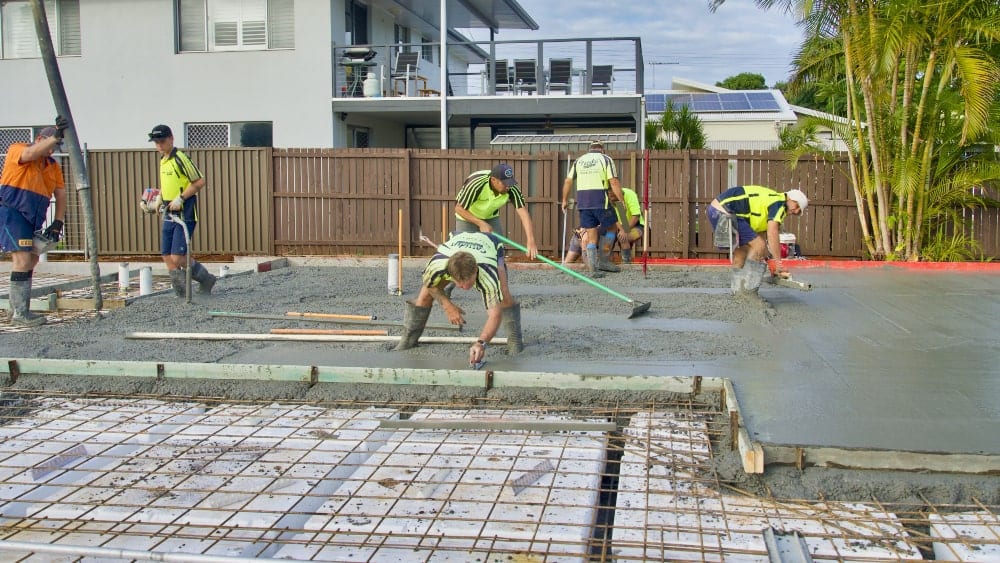
Especially in rural areas, the cost to prepare a site for new home construction can be expensive. The clearing of trees, plants, and overgrowth, plus any required excavation, and finally connections to water, sewer, and electricity are critical to project success. The cost for site preparation in Nevada is generally in line with the average costs to build a home in the U.S. However, depending on the lot’s soil composition, the price may be a bit higher. Potential homebuyers should consult their builder for a more accurate cost estimate for their specific lot.
Foundation
In Nevada, the cost to build a new home foundation is similar to the U.S. average costs. It’s important to note that most foundations in southern Nevada will likely be concrete slabs or pier-and-beam styles, especially in Las Vegas and the desert areas. This is mainly due to caliche, a thick, impermeable layer of rocky soil found in desert plains that poses a challenge for digging deep, as is needed for a basement. Additionally, many of the same areas are prone to flash floods, making basements an impractical option.
Framing and Roof
Depending on materials, labor, and delivery, the cost to frame a house and build a roof will vary widely. In Nevada, these costs fall within the U.S. average range for new home construction.
Labor
Per Nevada state law, new homes must be built by a licensed contractor. New homebuyers should budget about 5-15 percent of total project costs to hire a general contractor to oversee the project. Builders and general contractors will typically manage the daily operations and hire a team of subcontractors to work on your home based on the agreed-upon timeline and budget.
If you desire to build your own home without formally hiring a contractor, there may be some exceptions to this rule that can be applied when submitting permit applications. However, even if approved, these special permits place restrictions on what classified work may be performed by the homeowner in the building process to ensure the safety of workers and residents.
Major Systems
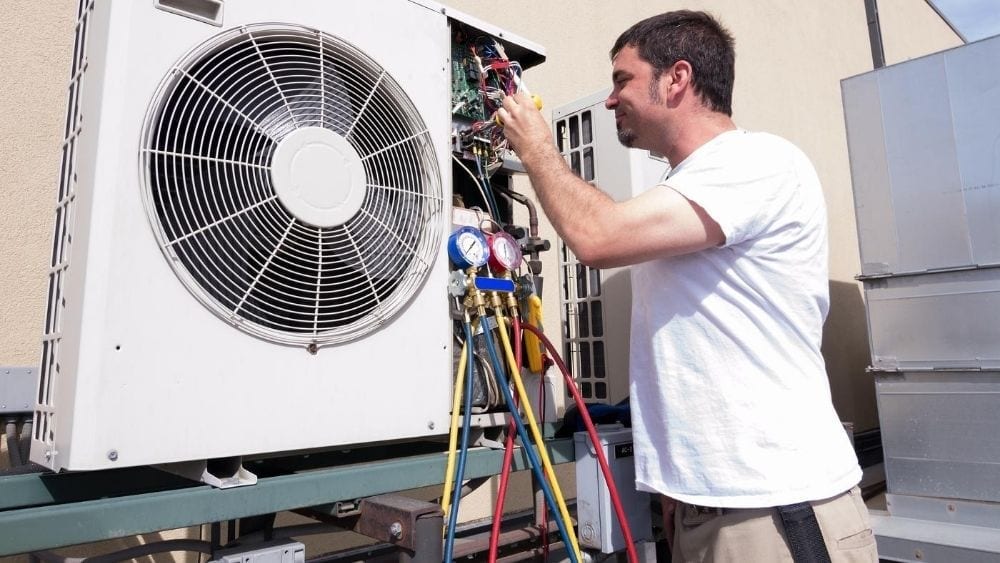
After the framing, siding, and roof are in place, it’s time to install the major systems including plumbing, electricity, and air conditioning. The cost of electrical wiring and plumbing installation in Nevada is in line with U.S. average costs, roughly between $7,000 and $15,000 for plumbing installation and between $20,000 and $30,000 for electrical wiring. However, the purchase of an HVAC system in Nevada runs slightly lower than the U.S. average, between $2,000 and $5,000 plus installation costs.
Finishing Features and Appliance Installation
Depending upon style preferences and design selections, the final finishes can fluctuate significantly. For example, adding a swimming pool to enjoy during the hot desert summer may be an investment that is included in your plans or budgeted for a year or two down the road. Custom cabinetry, oversized windows, and fancy light fixtures will contribute to the overall cost of the home. Additionally, any landscaping, fencing, and outdoor additions should be included in this category to create a healthy and specific budget plan.
Helpful Tips for Building in Nevada
Finally, below are a few tips and tricks for building your dream Nevada home.
Closing Cost Incentives
Most states offer some form of closing cost incentives or down payment assistance. Learn more about Nevada homebuyer financial assistance programs to potentially save thousands on your new home.
General Timeline
In Nevada, the timeline to build a standard house normally takes between three and six months, which is slightly faster than the U.S. average of seven months. However, building a custom home in Nevada will take more time, often ranging between 10 and 16 months. As you work on the design plans with your architect or builder, ask for a realistic estimate of the timeline based on your plans, location, and zoning requirements.
Build Your Nevada Home
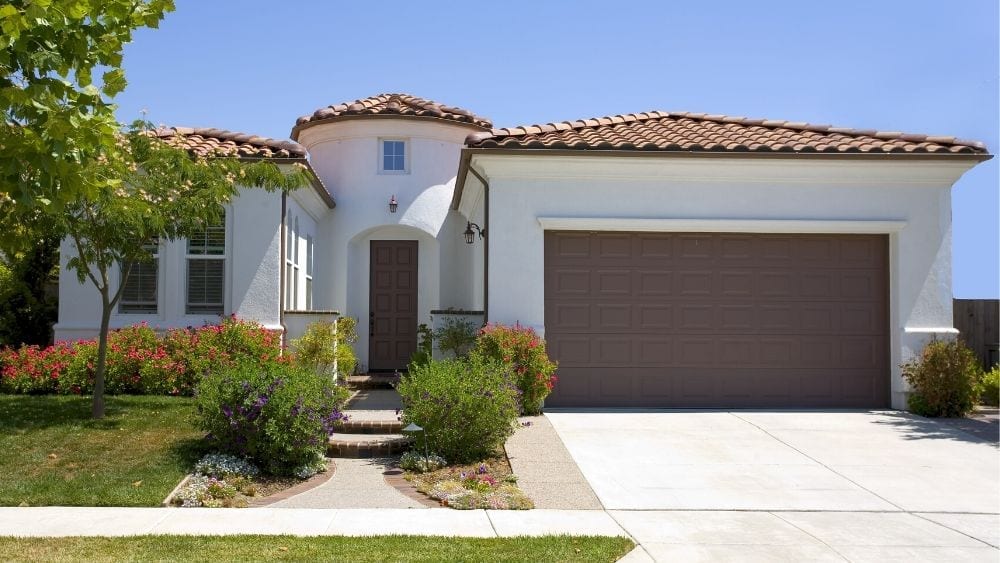
Building your dream Nevada home is both a rewarding journey and a worthwhile investment. Take the first step today towards living a life you love in the Silver State.

Melanie Theriault is a writer, counselor, and lifelong learner. She holds a B.A. in Sociology from Southwestern University, where she discovered her passion for fostering human connection through storytelling.
 The 10 Best Places to Live in California
The 10 Best Places to Live in California
Rob
Homes “must be built by a licensed contractor”? Nope. A landowner with the proper, demonstrable skills, correct permits and compliance with Nevada code can build their own home on their own land. I know too many people who have legally done so to believe your quote. Sorry.